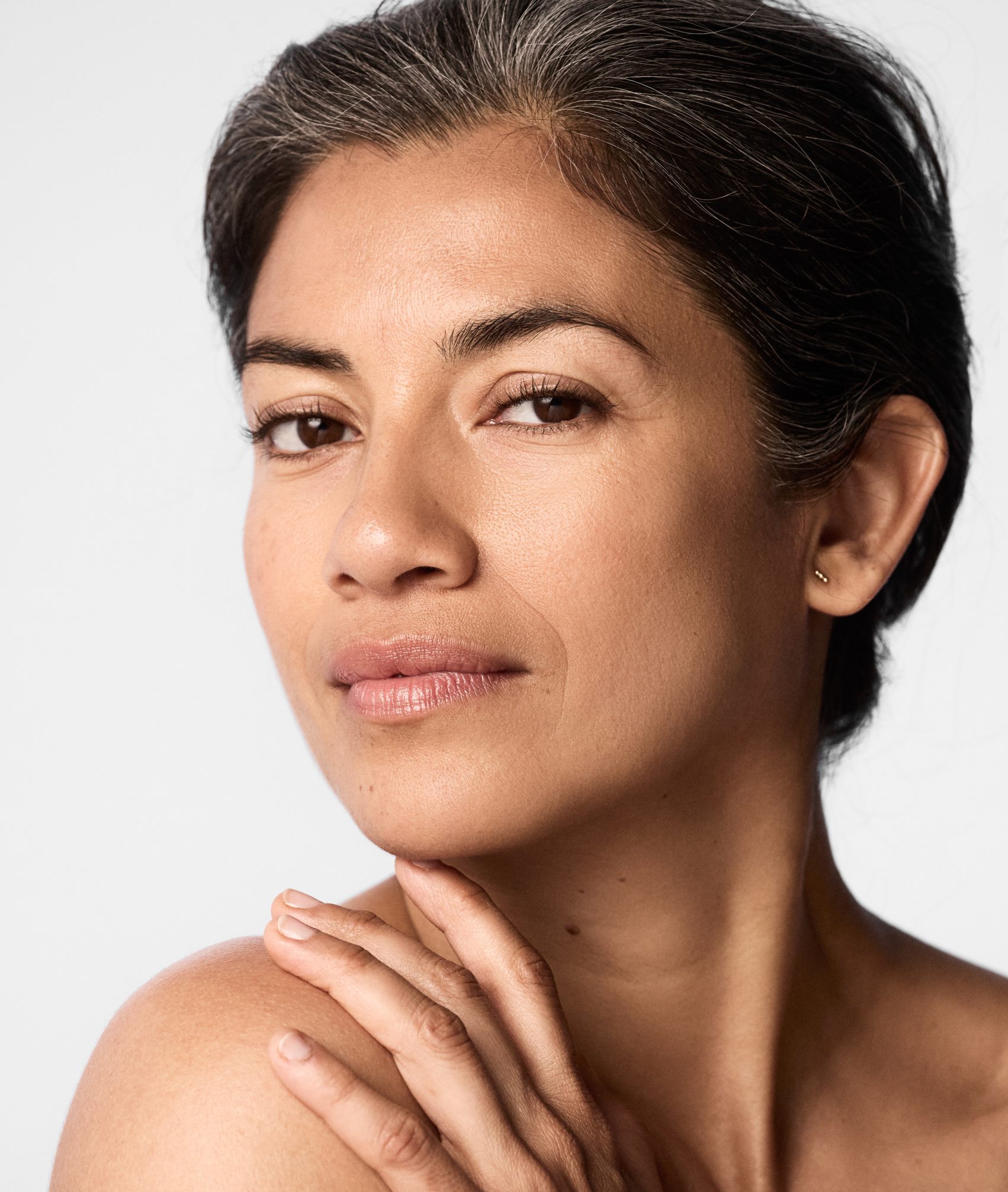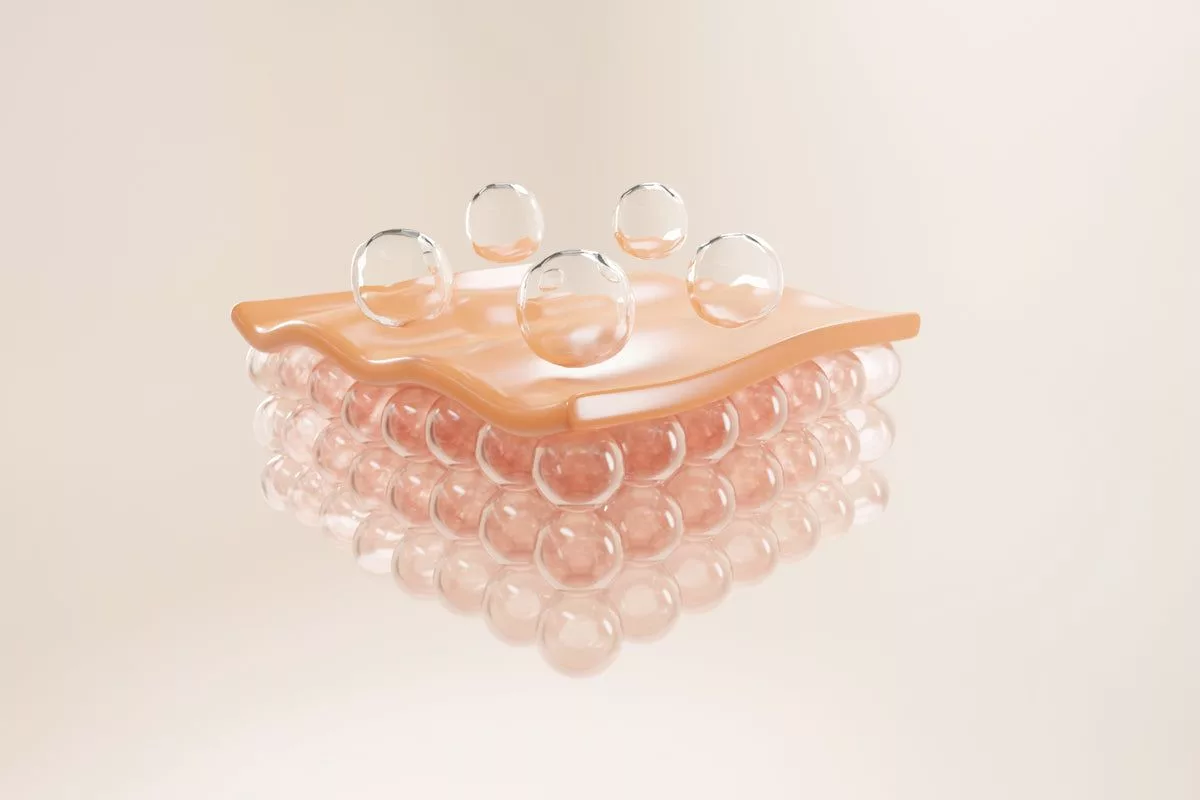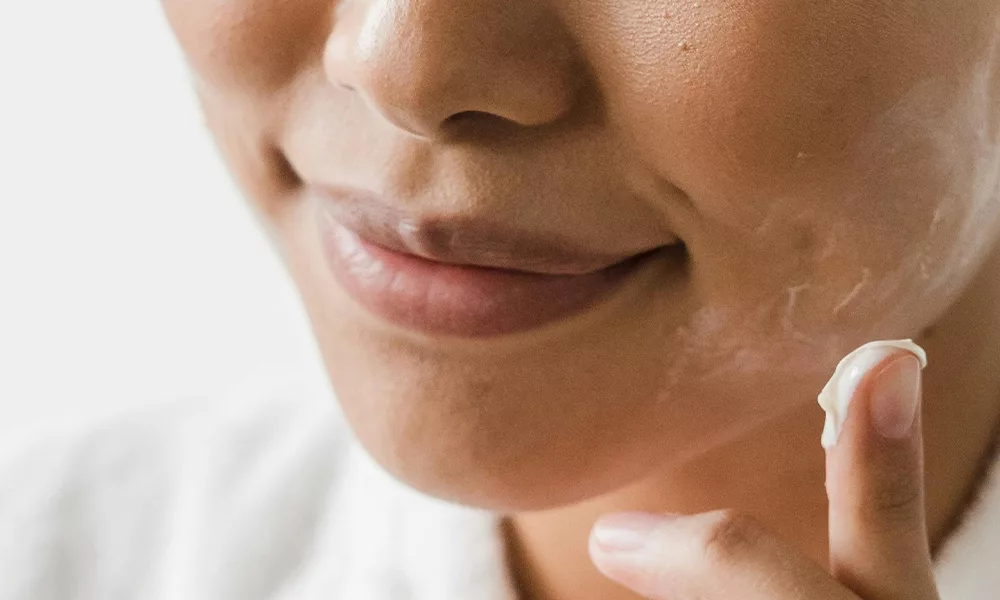With an array of “age-defying” skin care products to choose from, tretinoin has emerged as the gold standard for skin improvement. Approved by the FDA for cosmetic use in the 1970s, tretinoin has proven to be something of a miracle treatment for fine lines, wrinkles, and sun damage—no matter what your age.
At The Skin Center we believe that it’s never too late for tretinoin.
Here’s why:
As we age, cellular turnover slows down and collagen and elastin production decline, leaving our skin thinner and less elastic with each passing year. What’s more, cumulative sun exposure only accelerates the aging process, resulting in more fine lines, wrinkles, skin discoloration and overall rougher texture.
Tretinoin is a naturally occurring form of vitamin A. In addition to being a potent antioxidant, tretinoin works by speeding up skin cell turnover. It also increases the production of elastin, collagen, and hyaluronic acid, a natural moisturizer in the skin. In addition to its skin smoothing and tightening benefits, tretinoin also helps lighten discoloration from photodamage. While it may take longer for skin of advanced age to reap the benefits seen in younger skin, patients of all ages can expect to see visible results over time.

Tretinoin helps with the following conditions at any age:
- Fine lines and wrinkles: Increased collagen relaxes expression lines, reduces wrinkles, and prevents collagen breakdown.
- Sun-damage and hyperpigmentation: Reduces light freckling and skin discoloration.
- Poor skin texture: Increased exfoliation removes dead surface cells and stimulates skin cell renewal, resulting in a smoother texture.
- Acne: Controls breakouts by promoting the shedding of dead skin cells that clog pores.
- Prep for other procedures: Retinoids are commonly used to prepare skin for laser skin resurfacing and other anti-aging treatments.

Not all retinoids are created equal
Topical retinoids are available in different formulations and strengths; prescription strength tretinoin outperforms over-the-counter products found at most drugstores. The benefits of tretinoin in the skin are backed by over 50 years of research. Please note, tretinoin and other topical retinoids can increase sun sensitivity and are intended for use at night.
Advanced age is not a reason to avoid tretinoin, but pregnancy is. While minor side effects are common with tretinoin, with proper coaching, most patients are able to tolerate regular use of this medication within six to eight weeks. Side effects may include redness, dryness, flaking and discoloration of the skin, which are usually temporary. When starting tretinoin, it is important to use gentle cleansers and moisturizers, as well as daily sunscreen.
